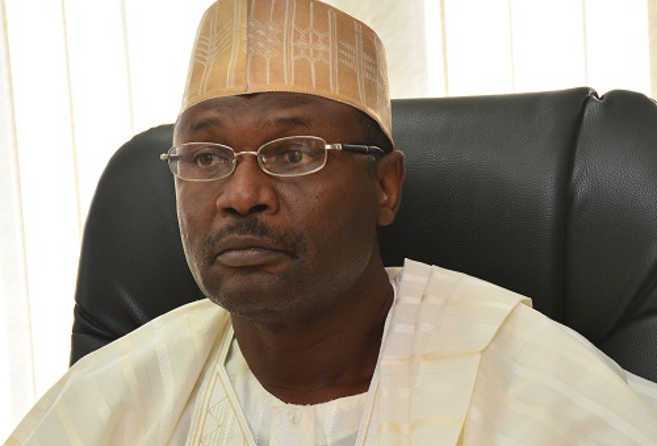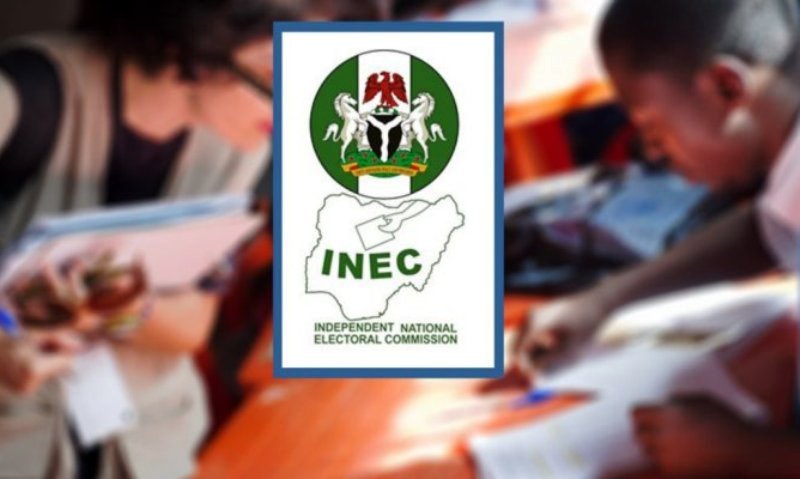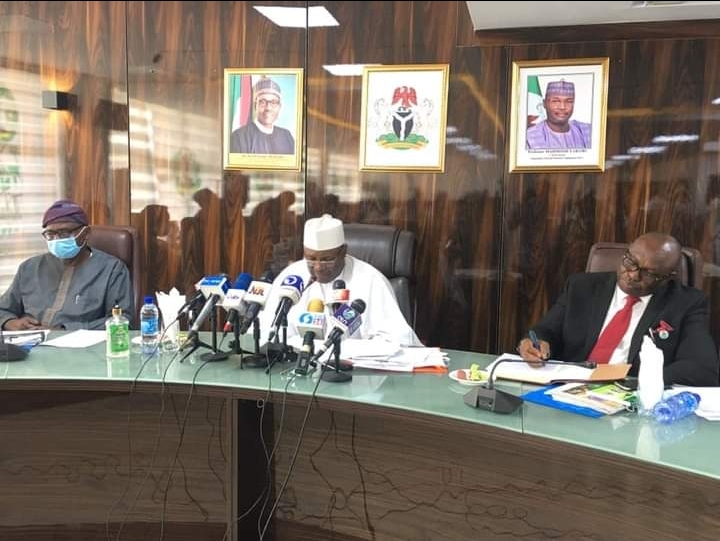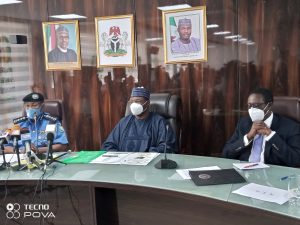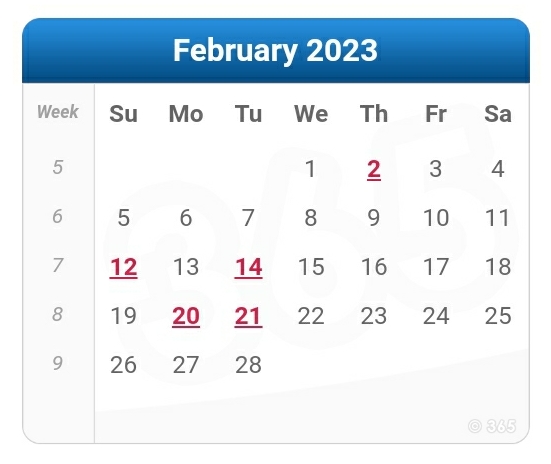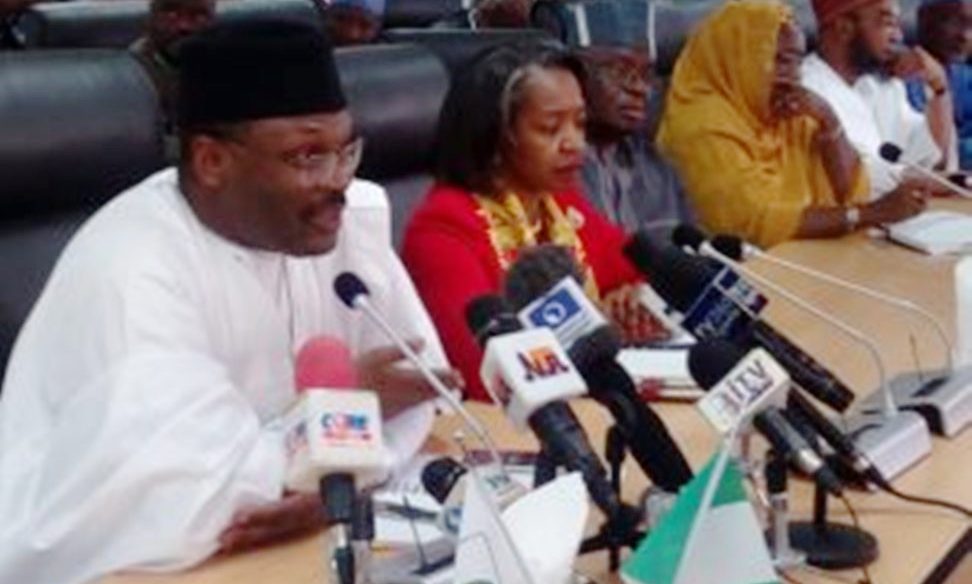Prof. Mahmood Yakubu, Chairman, Independent National Electoral Commission (INEC) on Wednesday said that conducting elections in Nigeria was a tough task, urging media support against fake news that could cause confusion.
Yakubu spoke at a Strategic Interactive Meeting with Online Publishers organised by INEC in collaboration with the Institute for Media and Society and the International Press Centre, and held in Lagos.
The theme of the meeting was “Strengthening INEC/Media Partnership for the Consolidation of Free, Fair, Credible and Inclusive Elections”.
According to him, Nigeria’s size and population make it one of the biggest democracies in the world and the largest presidential democracy after the United States of America.
Yakubu, who called for stronger INEC/Media partnership to foster strong democratic Nigeria, said that the task of deepening Nigeria’s democracy was a collective duty.
He added that all hitches noticed in the deployment of Bimodal Voter Accreditation System (BVAS) during Anambra Governorship election, had been responded to, ahead of future elections.
“The size of our voter population and elective institutions make elections in Nigeria a huge undertaking. This fact is better appreciated within our regional context.
“There are 15 countries in West Africa today, including Nigeria.
“However, with the current voters population of over 84 million, Nigeria has about 11 million more registered voters than the other 14 countries put together which have 73.6 million registered voters.
“Conducting a general election in Nigeria is like holding election in West Africa and beyond. Elections are held all-year round between one general election and another with no respite,” he said.
Yakubu, who outlined the duties of INEC, said that the statutory responsibilities of INEC made it both an election management body and electoral commission.
Expressing INEC’s determination to deepen the use of technology and reduce human intervention in the critical stages of electoral process, Yakubu said that technology was the way to go in electoral management system.
He said that the commission had introduced several innovations to improve elections like submission of nomination forms through a portal.
The chairman added that the new INEC Voter Enrollment Device (IVED) performs variety of functions including physical registration of voters, finger print and facial authentication on election day.
“The goal is to boost the quality of Nigeria’s democracy,” he said.
Yakubu said that IVED, which was also used for uploading of the polling unit results sheets to the INEC Result Viewing (IReV) portal, was equally used for BVAS during elections to engender integrity and transparency in electoral process.
“Before our own eyes, things are changing. The way to go is to continue to deepen the use of technology in elections. Be rest assured we will continue to do so. We have responded to the glitches in Anambra immediately.
“There were no challenges reported during the supplementary election in Ihiala Local Government held on Nov. 9; I want to reassure Nigerians that we have learnt vita lessons from the Anambra pilot.
“There will be remarkable improvement in the next major election. We want to assure you that in subsequent election, you will see the wonders of BVAS,” he said.
According to him, the commission has registered 4.2 million Nigerians online while 1.8 million have completed their registration in the ongoing nationwide Continuous Voter Registration (CVR) exercise.
The chairman, who urged the media to work with the commission to fight the scourge of fake news capable of undermining electoral system, said that “the greatest antidote to fake news is greater transparency”.
“One major area where we need your help is in containing fake news.
“Quite often, those who try to undermine the electoral system and their sympathisers take advantage of free social media space, and sometimes even the traditional media, to advance their interests and spread falsehood.
“They can cook up wild allegations against the commission and/or its officials to frustrate a good policy which they perceive as inimical to their selfish interest.
“When such allegations get to you, please thoroughly investigate,” Yakubu said.
On direct primary clause in the Electoral Act Amendment Bill 2021, Yakubu said that the commission would give expeditious consideration to the law, including the detailed regulations and guidelines for its implementation where necessary, when the bill becomes a law.
In his opening remarks, Mr Festus Okoye, INEC National Commissioner and Chairman, Information and Voter Education Committee (IVEC), said that reporting elections required skills, urging the media to always seek classification on germane issues.
He said that the meeting was part of the INEC continued strategic engagement with media aimed at a better understanding of the commission’s processes and procedures.
Okoye, who noted that elections and electoral processes had their dynamics, said that the work of INEC had national security implementation, hence reporting elections needed to be handled with the eye of conflict sensitivity and national peace and cohesion.
“Reporting election requires special skills and understanding of the centrality of elections to Nigeria’s survival as a federal democracy.
“One false report that goes viral may have a potential of triggering a break down of law and order.
“It is in the interest of the country for the media to always seek for official clarification on germane and serious national issues, especially when electoral matters are involved,” he said.
In a goodwill message, the Executive Director of International Press Center (IPC) Mr. Lanre Arogundade, said the interactive session would enable the commission and media to review the mistake of the past and set agenda for 2023 general elections.
Arogundade, who commended INEC for its continued efforts to improve the nation’s electoral system, urged President Muhammadu Buhari to sign the Electoral Amended Bill before 2023 General Election.
In his goodwill message, Dr Akin Akingbulu, the Executive Director, Institute for Media and Society (IMS), who noted that free, fair and credible elections were central to the building of democracy, said the media roles were indispensable in electoral process and democracy.
Ms Maureen Chigbo, the President of the Guild of Corporate Online Publishers (GOCOP) and the Publisher of Realnews, who commended INEC for the conduct of Anambra governorship election, urged the commission to improve BVAS before 2023 election.
Chigbo, who assured INEC of the group’s continual support ahead of 2023 general elections, said that GOCOP had about 81 members.
In his welcome address, Mr Sam Olumekun, the INEC Resident Electoral Commissioner, Lagos, who commended the media for the “tremendous” support to INEC, said that the meeting was historic, crucial and relevant to get feedbacks.
Olumekun solicited more publicity for INEC’s activities, especially mobilising qualified citizens to get registered in the ongoing Continuous Voter Registration exercise, so that people would not wait until the last minute.
